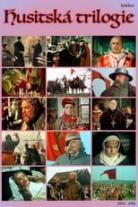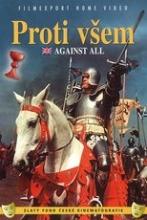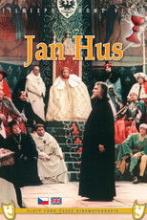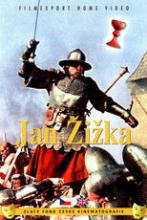
The Hussite Revolutionary Trilogy
The Hussite Revolutionary Trilogy is a trilogy of films by Otakar Vávra. It consists of "Jan Hus," "Jan Žižka," and "Proti Všem." It was the most expensive Czechoslovak cinematic project in history at the time, with a total budget of 33 million Czechoslovak crowns. Vávra stated that he was inspired by the works of František Palacký, Alois Jirásek's works about Hussite Wars, and their interpretation as a class struggle by Communist Minister of Culture Zdeněk Nejedlý. The 1947 film "Warriors of Faith" is sometimes considered an ancestor of the trilogy. The 2022 film "Medieval" is set 10 years prior to the events chronicled in the trilogy and the director of the film called it a prequel to Hussite Revolutionary Trilogy.
Against All (1957)
04 October, 1957
After the battle of Sudoměř the Hussite teaching spreads through the whole country and people start leaving their homes to help build the fortification of Tábor. Prague citizens request help against the army of Zikmund. The Hussite army with Jan Žižka in the lead make their way towards Prague. They fortify themselves on the mountain Vítkov and engage in a bloody battle with Zikmund’s huge army.
Jan Hus (1955)
29 April, 1955
Jan Hus is a 1954 Czechoslovak film directed by Otakar Vávra. It is the first part of the "Hussite Revolutionary Trilogy", one of the most famous works of the Czechoslovak director, completed with Jan Žižka (1955) and Proti všem (Against All Odds, 1957).
Jan Žižka (1956)
05 February, 1956
The second part of the revolutionary Hussite trilogy takes place in the years 1419-1420.



